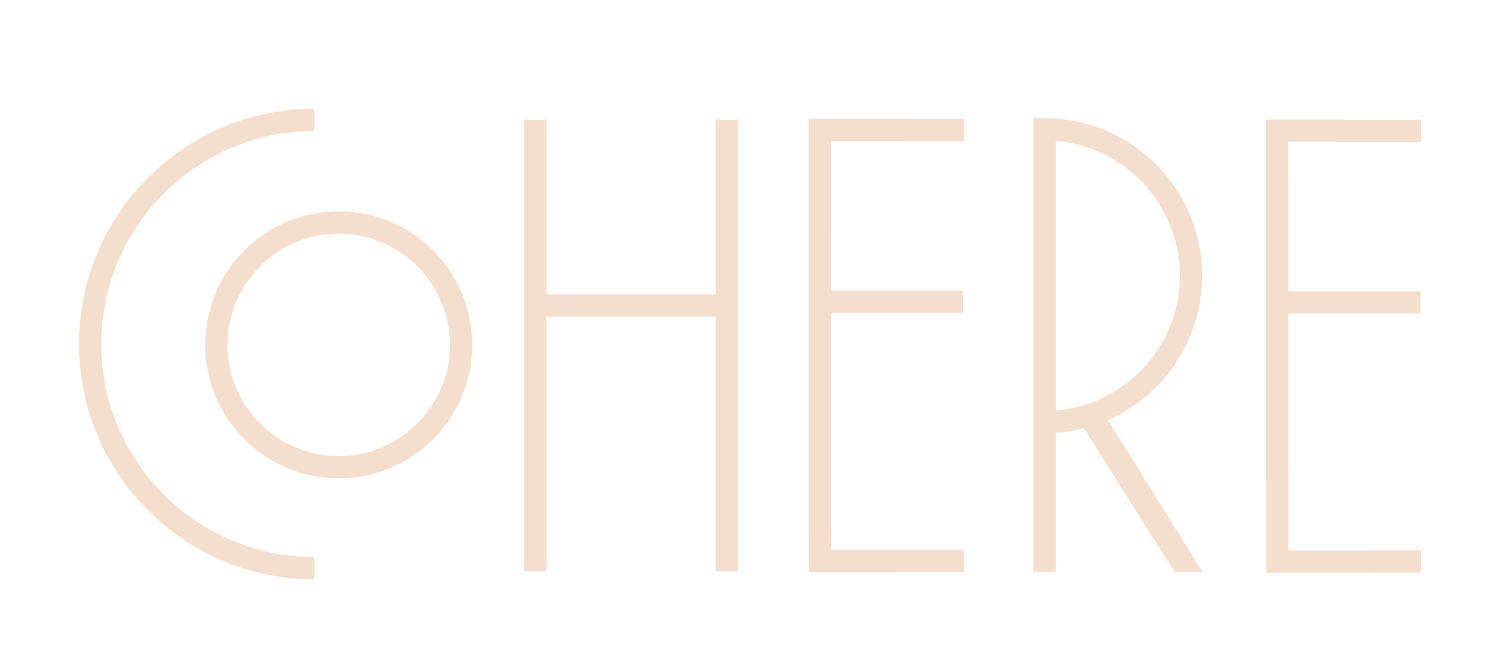Academia and Information Construction: In Conversation with Dallas Brister and Nataly Dickson from The PhD To Be Podcast
What a wonderful and insightful conversation I was able to have with Nataly and Dallas! As I discuss in the podcast, I met these two women in graduate school, and upon discovering our shared interest in podcasting, thought a conversation would be productive for our shared audience of listeners. Please go check out their podcast, The PhD To Be Podcast, to listen to the episode I recorded with them, and learn even more about graduate school and everything that comes with that.
We began our conversation by discussing why Dallas and Nataly felt drawn to start a podcast, and Nataly shared that, through her experience in therapy, she found herself lacking courage in spreading the information that she felt called to share. Wherever you believe this calling comes from, I do believe we all have a story to tell, but very few find the courage to speak it. Hearing Nataly’s vulnerable telling of the moment she decided to begin speaking was so heartfelt and inspiring, and I think provides an example of one way we can all overcome self doubt and embrace our truth.
Dallas and Nataly go on to discuss their experience of burnout, and while for them it is within the context of graduate school, burnout can affect anyone in any environment. Overcoming the sense of overwhelm that comes from overcommitting truly stems from learning how to better advocate for ourselves, even when we are the ones that want us to be doing more. In order to better serve others we need to prioritize what we need to survive and thrive. As we progressed through our conversation, we dove into the problems that universities face, and the impact that this has on students. However, all of academia is the source of information production keeping that in mind is vital as we traverse our information and media consumption, both as global citizens and as students. Arguably, students have an even bigger responsibility as we actively contribute to a system, whether we agree with it or not, that perpetuates a specific way of information construction.
Further on this, Dallas and Nataly address how passionate they feel for activism and how this passion, for both of them, stems from their faith. I appreciated their perspective that religion is a framework for faith, but that ultimately, their faith is what connects them to their personal higher power. Their discussion of the way religious frameworks can negatively impact their relationship to religion is a very real challenge for many religious individuals. While I am no longer a Christian, seeing Nataly and Dallas wrestling with these questions, and knowing that they need to rectify them personally to feel confident in their religion, is an extremely beneficial perspective to share, and to see how faith, for all of the negativity it has done historically and can continue to do, has the potential to help individuals align with a higher power that brings them positivity, light, and the ability to better the communities they are members of.
My biggest takeaway from this episode was Dallas and Nataly’s discussion of how our society is inherently set up to compare the value of different people, and this is reinforced within plenty of systems. Naturally, we adopt this surrounding framework, but actively interrogating why we feel the need to measure and compare other people, and ourselves, helps us rewire some of our inherited beliefs. Hearing them share how comparing the value of individuals to each other, especially when that value is measured based on money and power, reinforced the notion that we, as a society, need a powerful paradigm shift from believing that worth is earned to understanding that we are all innately worthy. Our individual worth is granted through being a living, breathing being existing with this universe. We are an integral part of the flow of the universe and that being is always worthy of love and belonging.
To further explore the things discussed in this blog post, check out the below resources and recommendations.
Philosophy Resources
Papers
Divine Hiddenness and Human Philosophy by John L. Schellenberg
Faith and Reason by Richard Swinburne
Books
Philosophical Investigations by Wittgenstein
Literary Resources
Articles
Preface: A New Grammar for Black Education by Jarvis R. Givens
Books
Erasure by Percival Everett
The Truth About Stories by Thomas King
Deliberative Pedagogy: Teaching and Learning for Democratic Engagement by David Mathews
Plays
Topdog/Underdog by Suzan Lori-Parks
I hope you all enjoyed this conversation as much as I did! Dallas and Nataly are such wonderful thinkers and friends and I’m so grateful I got to share this conversation with all of you. Please go check out The PhD to Be Podcast here and follow them on Instagram @thephdtobepodcast. If you want more content, subscribe to Making Meaning on Spotify or Apple Podcasts, and subscribe to gain exclusive content and stay up to date on all things Cohere! If you want to join the conversation, follow us on Instagram, Facebook, LinkedIn, and Tik Tok @thecoherecollective and leave a comment sharing your thoughts on this episode.
Until next time, so much love!
XX
Reese, Founder
The Cohere Collective


